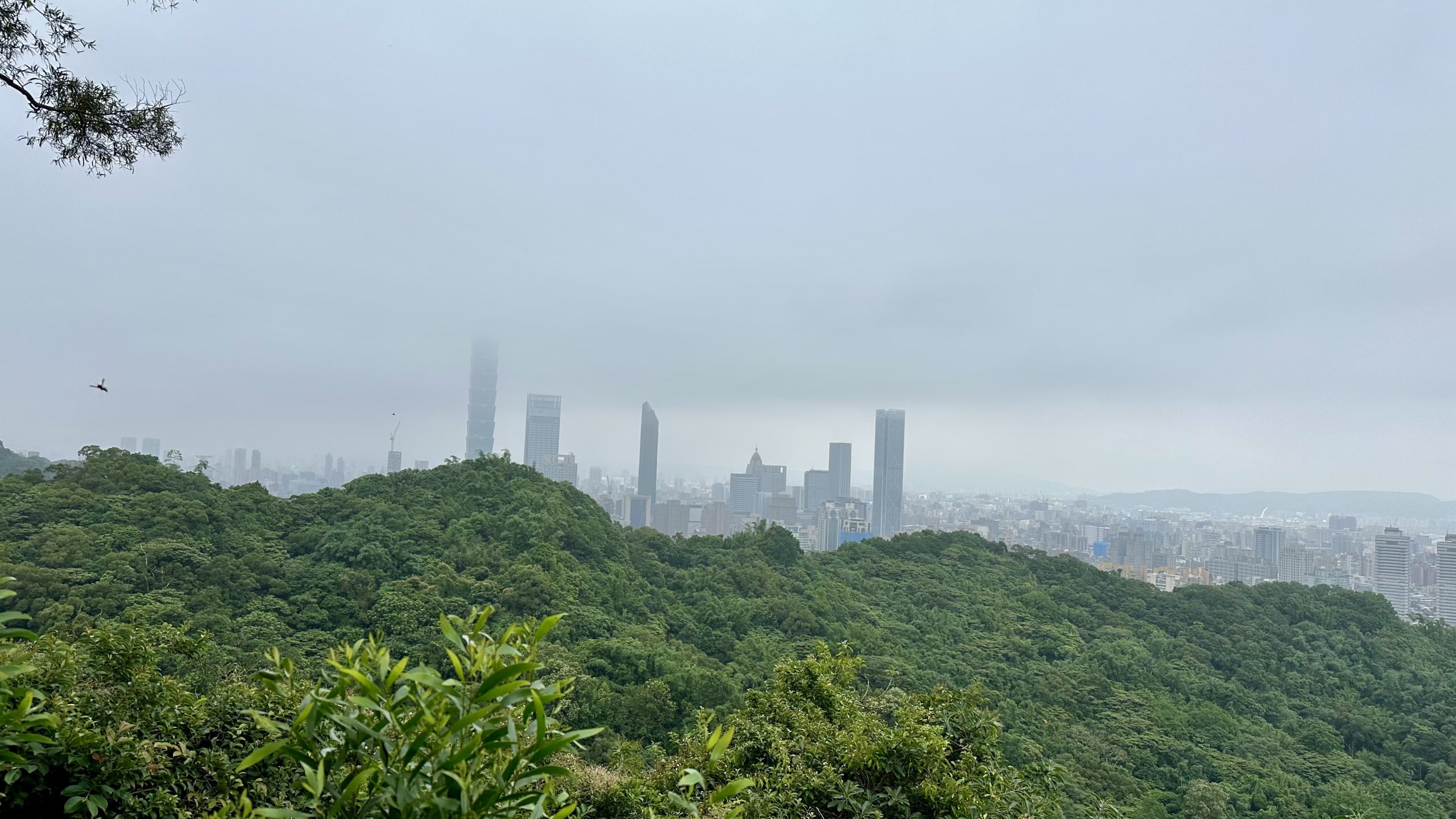Press Release:
Members of Congress Urge Priority Consideration for a U.S.-Taiwan Free Trade Agreement
(Arlington, Virginia, May 8, 2017)
In a January 23, 2017 memorandum, President Donald Trump directed the Office of the U.S. Trade Representative (USTR) “to begin pursuing, wherever possible, bilateral trade negotiations” to promote American economic interests. In a letter to the President, 33 Members of Congress argue that the U.S. should include economic cooperation with Taiwan as a central pillar of our trade policy in Asia, and that USTR should prioritize a Free Trade Agreement (FTA) with Taiwan when carrying out the President’s directive on bilateral trade deals.
The letter notes that promotion of extensive commercial ties with Taiwan has been codified in U.S. law since the passing of the Taiwan Relations Act (TRA) in 1979. It highlights Taiwan’s importance as the 21st largest global economy, as our 10th largest trading partner, as an important market for U.S. businesses, and as a regional security partner. Moreover, the letter notes that Taiwan is central to the global electronics industry, and that the island plays an important role in supply chain security for this critical sector.
The Members of Congress concluded that “a national strategy for economic engagement with the Asia-Pacific that emphasizes negotiating a Free Trade Agreement with Taiwan would promote American economic interests and U.S. strategic goals. Dispatching the incoming U.S. Trade Representative to visit Taipei promptly would be an appropriate way to begin these talks and signal U.S. commitment. We urge you to take up this strategy and to prioritize negotiating a Free Trade Agreement with Taiwan.”
Rupert Hammond-Chambers, President of the US-Taiwan Business Council, commented that “the Council is pleased to see a commitment within Congress to expanding the U.S. economic, trade, and business relationship with Taiwan. We join in urging the Trump Administration and USTR to consider Taiwan as a priority target for a bilateral free trade deal, which we believe would be mutually beneficial.”



